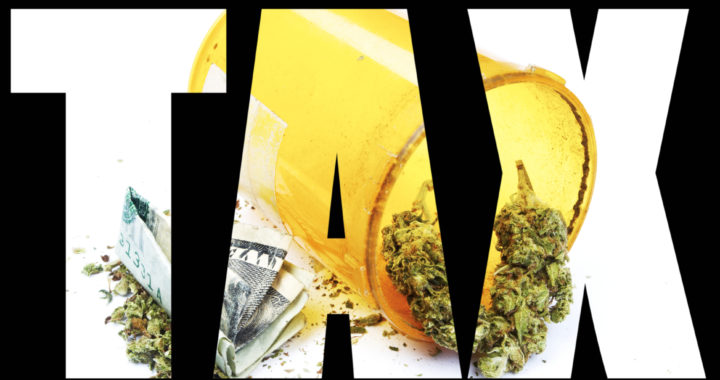What is 280E?
26 U.S. Code Section 280E is the federal statute that states that a business engaging in the trafficking of a Schedule I or II controlled substance such as cannabis is barred from taking tax deductions or credits. Basically, cannabis entrepreneurs must pay taxes on all of their revenue without the benefit of being able to use business expenses to reduce their taxable income.
Cost of Goods Sold
When Congress passed Section 280E, it added an exclusion that allowed a deduction for the cost of goods sold even where the goods are illegal under federal law. “Costs of goods sold” (COGS) essentially means inventory costs, including the cost of the product, the cost to ship it in and any directly related expenses.
Even though COGS are allowed, the IRS applies its definition more strictly to cannabis companies. For example, the use of tax changes that allow more indirect costs to be included in costs of goods sold is not allowed because those were made after Section 280E went into effect. This means that cannabis companies may not be able to use the same accounting methods as other businesses, which could result in less favorable treatment by the IRS.
Working around 280E

Accountants for cannabis companies are getting around Section 280E with smart business structuring by dividing the business into two separate companies. Mostly, this allows for better COGS tracking.
The first business is directly responsible for producing and distributing cannabis and files a tax return without the deductions barred by Section 280E while the second business holds any activities that are legal under federal law and would not trigger Section 280E. This might include care services, selling ancillary products or owning and managing the building that the cannabis business operates in. The second business files a tax return claiming all ordinary deductions.
The result is that the two companies pay fewer taxes than if they operated as a combined company entirely subject to Section 280E.
Is this loophole legal?
The two-business strategy has been upheld in federal court. The most notable case is CHAMP v. Commissioner.
In CHAMP and other cases, two cannabis-related businesses operated in close coordination — one with the federally illegal activities and one with the legal activities. These businesses worked with their tax and legal advisers to create a solid legal structure and then used immaculate record keeping to prove that they were operating as they stated. They had two clearly distinct businesses.
Don’t forget the states

Section 280E has created a clearer federal set of rules for cannabis businesses, but many states that have legalized marijuana are taking a different position than the federal government when it comes to tax deductions. Some states will even allow you to deduct your full business expenses, a benefit for entrepreneurs, but one that adds additional complications. Some states allow or require states to operate as non for profit organizations. Which has its own set of tax implications.
In short, Section 280E severely restricts what deductions cannabis companies may take as they must pay full income taxes. However, careful (and legal!) accounting can separate cannabis activities from unrestricted activities so that the taxpayer can claim some federal deductions. This is even before you consider state taxes and their unique deduction rules.
Let us help! Adilas seed to sale software can track all your taxes! Contact us today to consult with experienced professionals.
Also, consider taking one of our many cannabis financial or accounting courses like Introduction to Financials for more conversations regarding Tax Section 280E.

